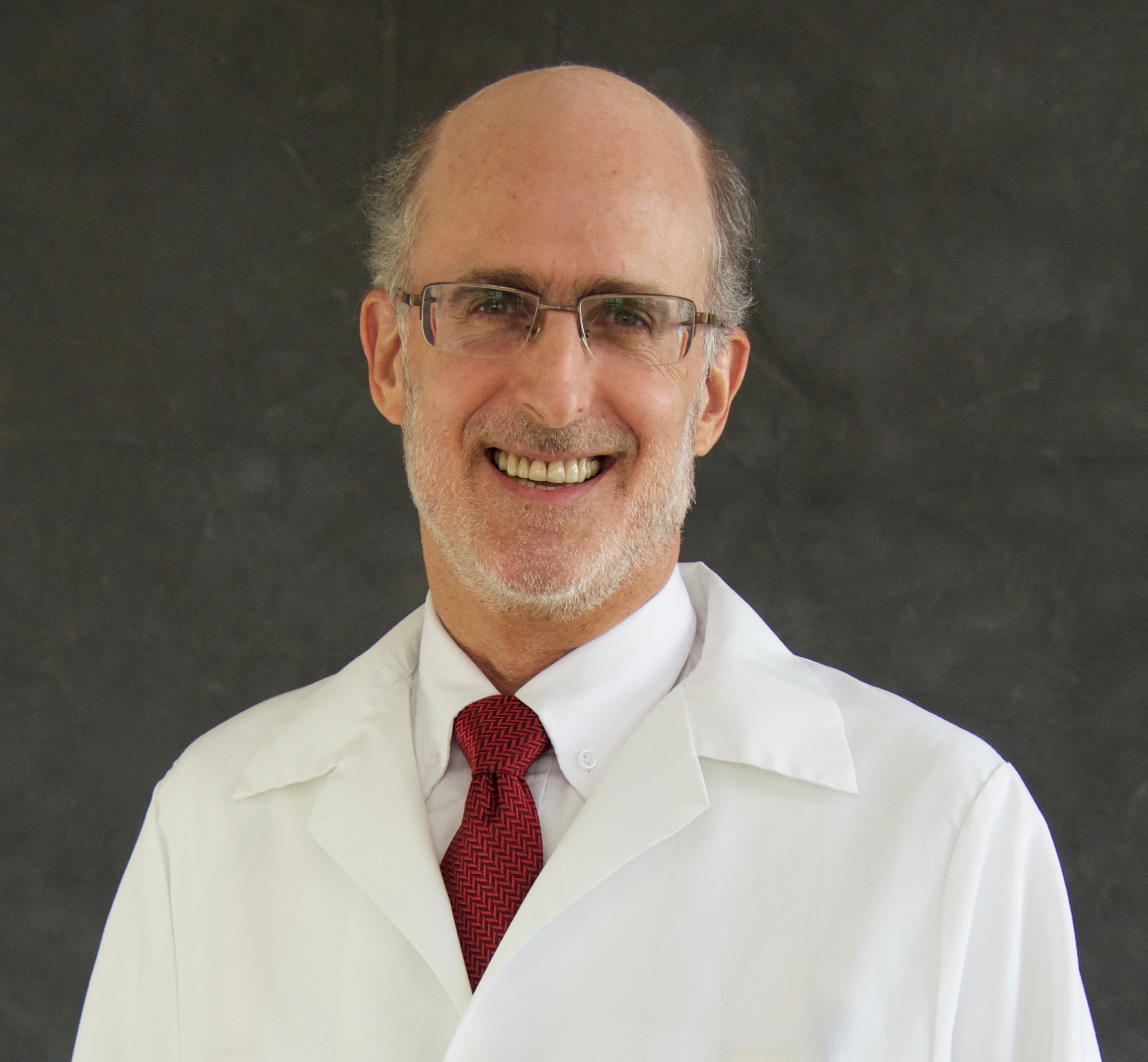My colleagues and I have long been concerned about the high rates of cardiovascular disease in the U.S. that have spread throughout the world. Despite advances in modern medicine, heart attacks and strokes are the leading cause of death globally. One of the reasons for these high rates is the epidemic of stress in modern society. Early in my career, I studied the connection between psychological stress and high blood pressure and heart disease. This was a negative effect of the mind-body connection. About 30 years ago, I decided to investigate how the mind-body-heart connection could be positively managed with effective stress reduction, particularly the Transcendental Meditation® technique.
During that time, we and our colleagues at major academic medical centers in the U.S., such as Columbia University Medical Center, Medical College of Wisconsin, Cedars Sinai Medical Center, and Charles Drew University received funding from the National Institutes of Health and foundations to study effects of mind-body intervention with Transcendental Meditation in high-risk groups, like African Americans with high blood pressure or established heart disease. The results of this series of well-controlled studies, known as randomized controlled trials, showed that practice of Transcendental Meditation lowered high blood pressure, reduced insulin resistance (a.k.a. metabolic syndrome), reduced atherosclerosis, and prevented abnormal enlargement of the heart (called left ventricular hypertrophy) in one of most recent studies. Some of our published pilot studies suggested improvements in blood flow to the heart and benefits to patients with heart failure.
A landmark study that brought all these findings together followed 200 patients with known heart disease over an average of five years. Half practiced Transcendental Meditation and half attended a class about cardiovascular factors. All participants continued their usual medicines and medical care. At the end of the study, the results showed that the meditating participants had a 48% lower rate of death, heart attack and stroke compared to controls. We believe that this remarkable result was due to redacted risk factors such as high blood pressure, psychological stress, and possibly cardiac enlargement. The results of reduced mortality in long-term TM practitioners were replicated in a separate study of older participants with high blood pressure. All of these studies have been published in peer-reviewed medical journals, many in top ones like the American Heart Association and American Medical Association.
Based on these findings, an American Heart Association scientific statement acknowledged these scientific studies and recommended that Transcendental Meditation be considered in the treatment of all patients with high blood pressure. And that’s a lot of people — according to the most recent guidelines, nearly half of all adults in the US. The research is continuing, but I would say that if you’re at risk for heart disease — and that’s most men and women — consider managing your mind and body with Transcendental Meditation®. It’s easy to learn and practice, has extensive scientific evidence, and has other positive “benefits” for mental and physical health. It could save your life. For more information, visit https://www.tm.org.
Follow us here and subscribe here for all the latest news on how you can keep Thriving.
Stay up to date or catch-up on all our podcasts with Arianna Huffington here.


